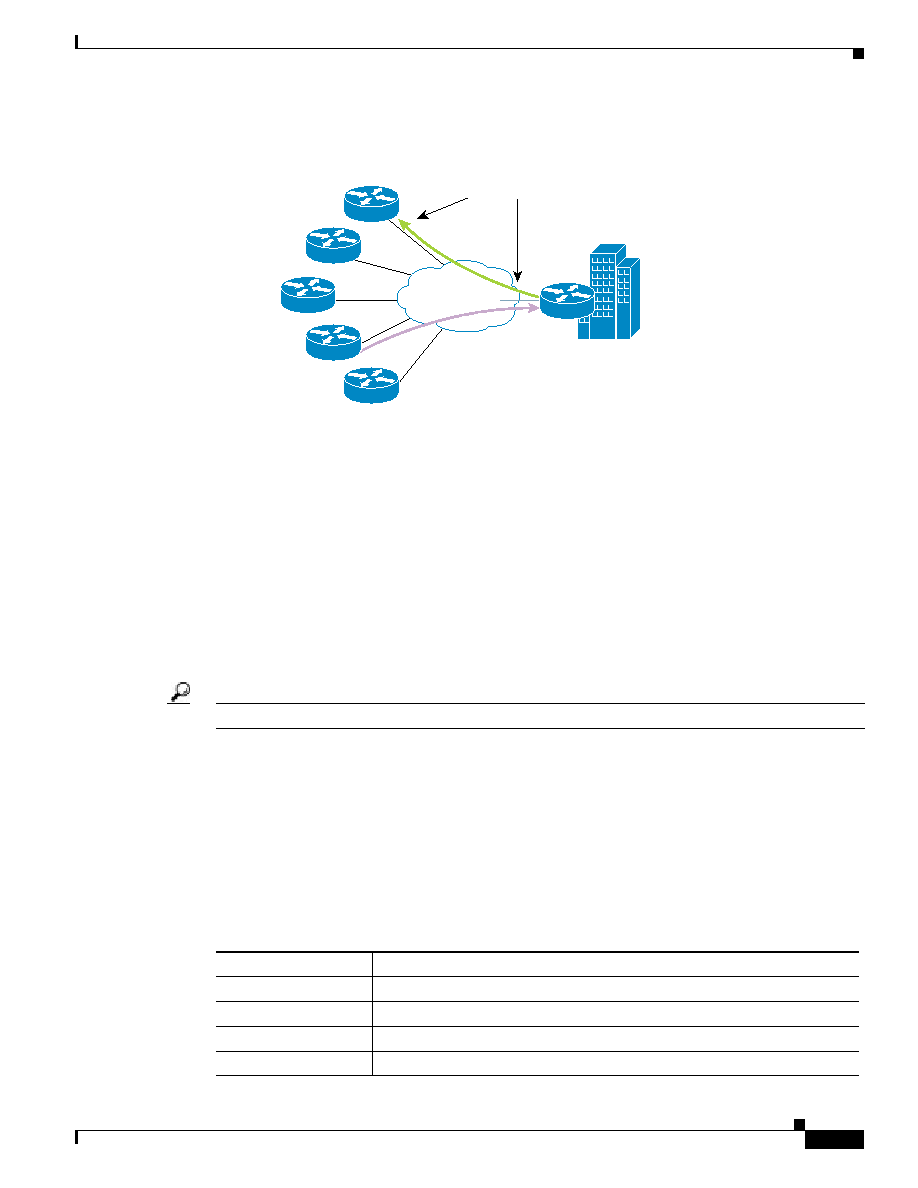
A data frame can only be sent to the physical wire at the serialization rate of the interface. This
serialization rate is the size of the frame divided by the clocking speed of the interface. For example, a
1500 byte frame takes 214 ms to serialize on a 56 kbps circuit. If a delay-sensitive voice packet is behind
a large data packet in the egress interface queue, the end-to-end delay budget of 150-200 msec could be
exceeded. Additionally, even relatively small frames can adversely affect overall voice quality by
simply increasing the delay variation to a value greater than the size of the adaptive jitter buffer at the
receiver.
Relay links).
values can not be changed. On Frame Relay links, the TX ring is for the main interface, which all
sub-interfaces use. The default value is 64 packets. This may need to be changed if the sub-interface is
very small or there are many sub-interfaces. Otherwise, TX rings need to be adjusted on low-bandwidth
ATM PVCs, where they should be set to a value of 3.
Buffering that will cause delay and,
eventually, dropped packets